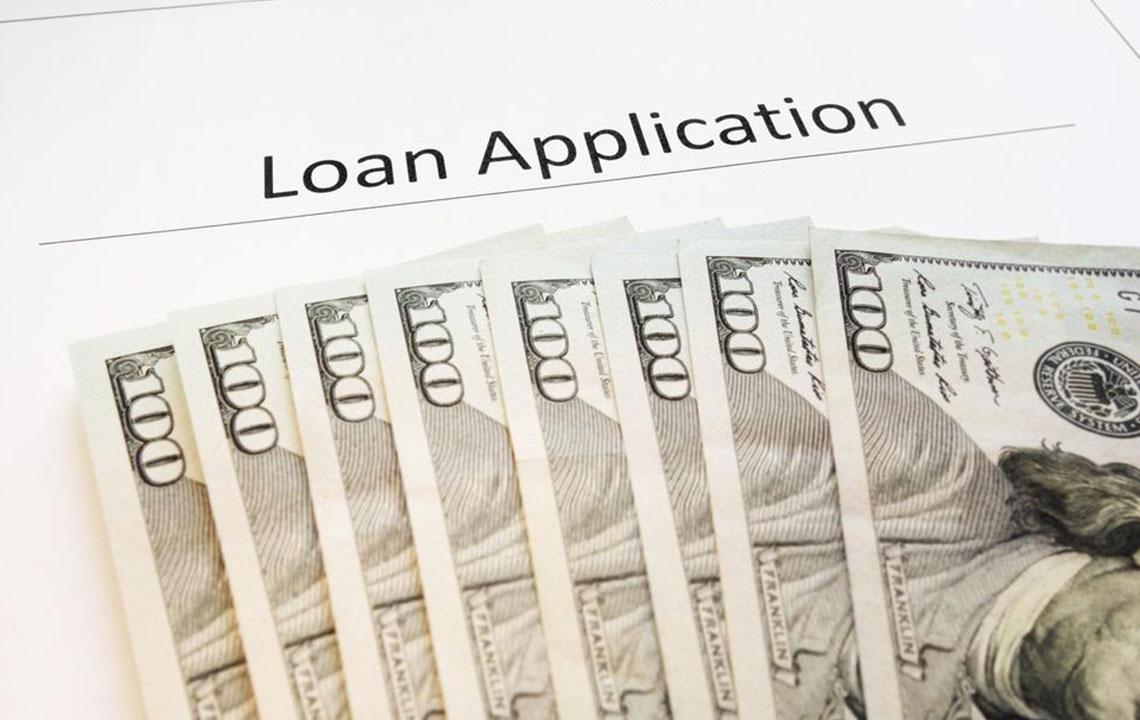Comprehensive Comparison of Debt Relief Strategies: Debt Settlement vs. Bankruptcy
This detailed guide compares debt settlement programs and bankruptcy, explaining their processes, advantages, disadvantages, and long-term impacts. It helps individuals understand which debt relief option suits their financial situation best, providing comprehensive insights into managing overwhelming debt effectively and restoring financial health.

Comprehensive Comparison of Debt Relief Strategies: Debt Settlement vs. Bankruptcy
Managing overwhelming debt can be one of the most stressful financial challenges individuals face. Fortunately, there are multiple paths to alleviating this burden, primarily through debt relief programs or filing for bankruptcy. While both options aim to reduce or eliminate debt, they differ significantly in terms of cost, timeline, eligibility criteria, and long-term impact on your financial health. Choosing the most suitable route requires a thorough understanding of how each process works, their respective advantages, drawbacks, and implications for your credit and assets.
Debt Relief Programs: These involve a strategic negotiation process with your creditors to reduce the total amount you owe. Typically, individuals stop making regular payments to their creditors and instead work with a reputable debt relief company. These companies collect monthly payments from the debtor, which are accumulated until there is enough to negotiate a settlement amount that is less than the total owed. The goal of such programs is to arrive at a reduced payoff that satisfies the creditors while allowing the debtor to pay off their debts over time.
Once sufficient funds are amassed, the debt relief agency takes on the negotiation process, communicating directly with creditors to agree on a settlement. Creditors are often willing to negotiate because they prefer accepting a partial payment rather than risking the debtor filing for bankruptcy, which could result in a total loss of the debt owed. This process can take months to a few years, depending on the amount of debt, the negotiations involved, and the debtor’s ability to make payments.
Understanding Bankruptcy: Bankruptcy is a legal process through which individuals or businesses can obtain relief from their debts through court involvement. There are multiple types of bankruptcy, but the most common form for individuals is Chapter 7 or Chapter 13 bankruptcy. Filing involves submitting detailed financial paperwork to a bankruptcy court, after which the court oversees the process. In many cases, bankruptcy can lead to the complete discharge of unsecured debts, such as credit card debt, medical bills, and personal loans, within a span of a few months.
Eligibility for bankruptcy depends largely on your income and financial situation. For example, Chapter 7 bankruptcy requires passing a means test, which compares your income to state median income levels. If your income falls below a specified threshold or if your disposable income isn’t sufficient to meet ongoing expenses, you qualify for bankruptcy relief. However, bankruptcy often requires the surrender of certain assets or property, which might be sold to satisfy creditors. This aspect can be distressing and requires careful consideration.
Both debt relief strategies evoke distinct emotional responses and have varying impacts on your long-term financial health. Debt settlement may leave a mark on your credit report but allows for the retention of more assets, while bankruptcy can significantly impact your credit score for years. Understanding these differences is crucial in making an informed decision tailored to your financial goals and circumstances.
In conclusion, whether opting for debt relief programs or bankruptcy, each has its merits and drawbacks. Debt settlement provides an opportunity to reduce debts while potentially maintaining some financial control, but it may take longer and affect your credit. Bankruptcy offers a more definitive discharge of debts but comes with a substantial impact on creditworthiness and potential asset loss. Consulting with a financial advisor or credit counselor can help you assess which option aligns best with your financial situation and future aspirations, ensuring you make a well-informed choice to regain your financial stability and peace of mind.





